As Magyar Nemzet highlighted, Germany is introducing border controls, and an association of German cities and municipalities is urging further measures against illegal immigration, including a task force to deport migrants. So, what happened? Apparently, Germans have reached a point where they realize the migration crisis is threatening Europe’s stability. It does seem that the Germans have had enough of migrants.
"The current developments cannot be detached from Germany's domestic political situation," Zoltan Kiszelly, director of political analysis at the Szazadveg Foundation, told our newspaper. He explained that, in light of the recent state elections and the upcoming elections in Brandenburg on September 22, it has become obvious that support for the governing parties in Berlin has collapsed both nationally and locally to such an extent that they must implement certain changes.
One of these changes, for example, is that the financing of the Russia-Ukraine war is increasingly being shifted from Germany's central budget to the EU and NATO. Another is that Germany is making certain changes in the area of migration.
The reintroduction of border controls is one such measure.
Another is that they will turn back migrants who have already been registered in another member state.
Mr. Kiszelly noted that this is nothing other than the enforcement of the Dublin III regulation, which requires asylum procedures to be carried out in the country of entry. So, in fact, Germany will start to enforce this more strictly, hoping that it will result in fewer illegal migrants staying in Germany once people are sent back to their country of entry.
Germany is also reducing social benefits. They are now debating whether to reduce benefits for single Ukrainian men, allowing them to return home and fight. They’re also discussing whether those who don’t work or take language courses should lose their benefits or have them reduced,
– the expert added.
"There have been identical or similar measures in other countries," the political scientist pointed out. "Besides Spain, which now has a six-meter fence in Morocco, we can also mention the Italians, for example." Slovenia, Italy, and Austria have also decided in recent months to reintroduce border controls on a permanent basis as part of a crackdown on illegal migration.
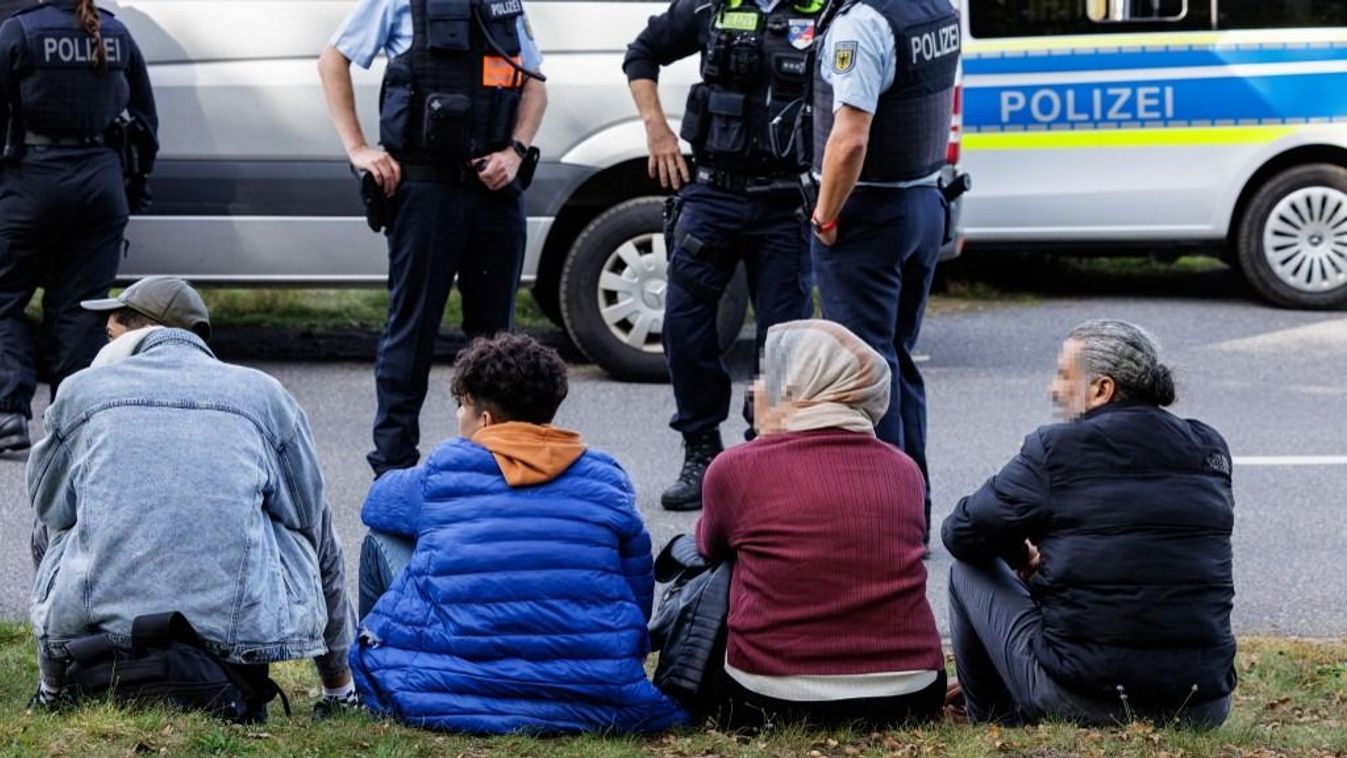

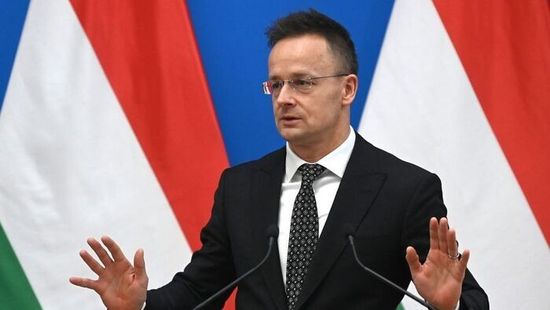

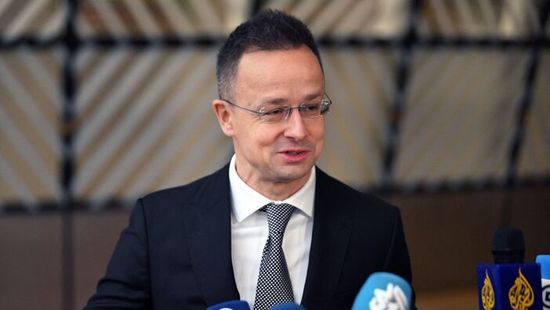

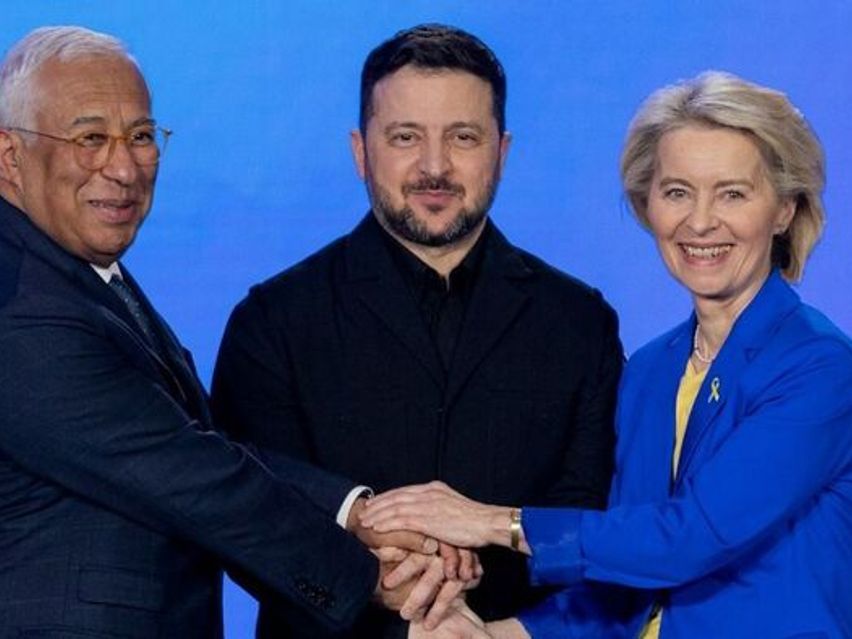

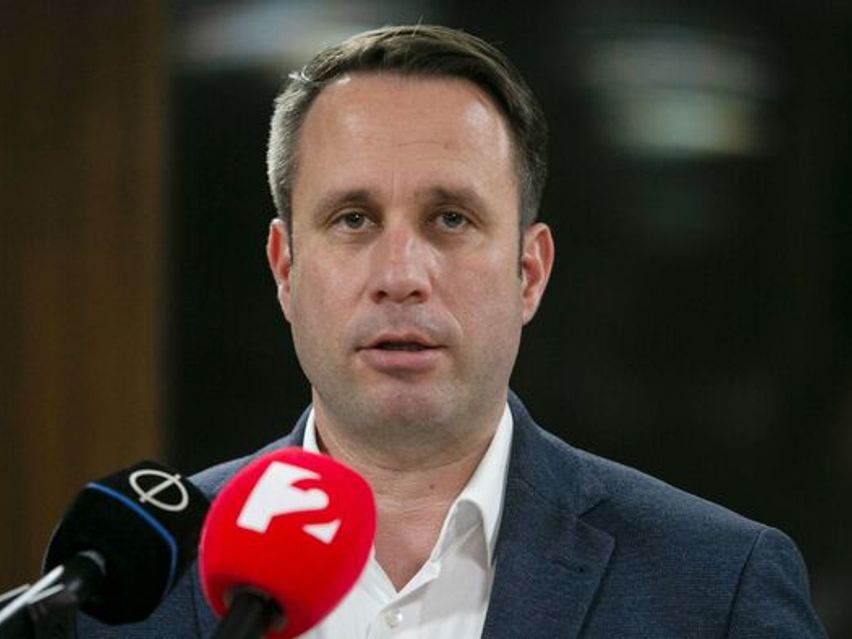
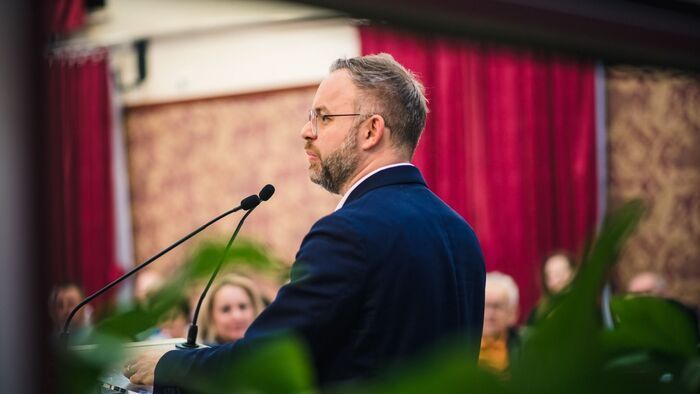

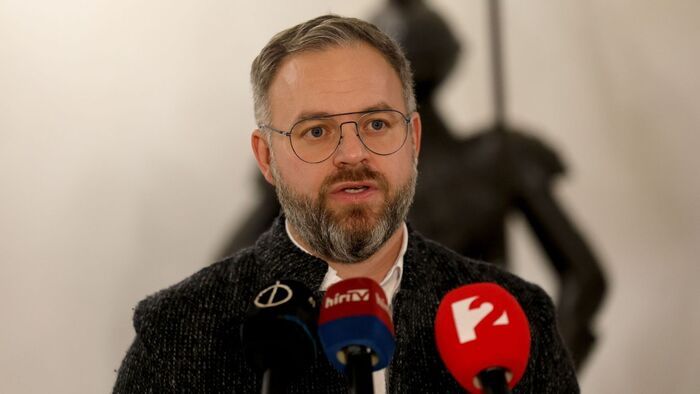

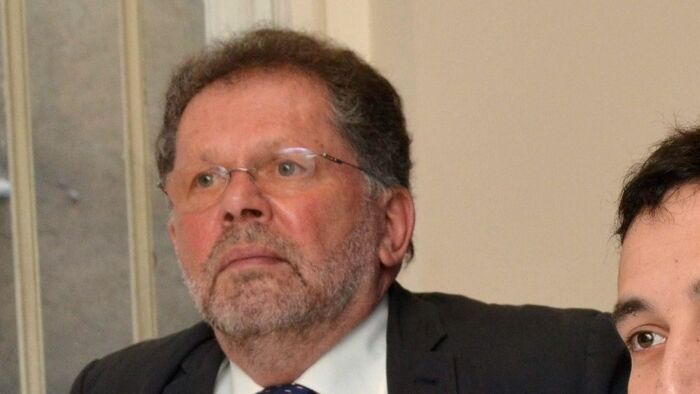
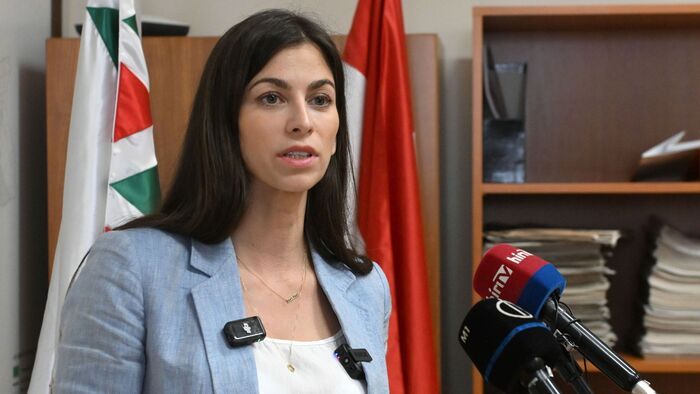
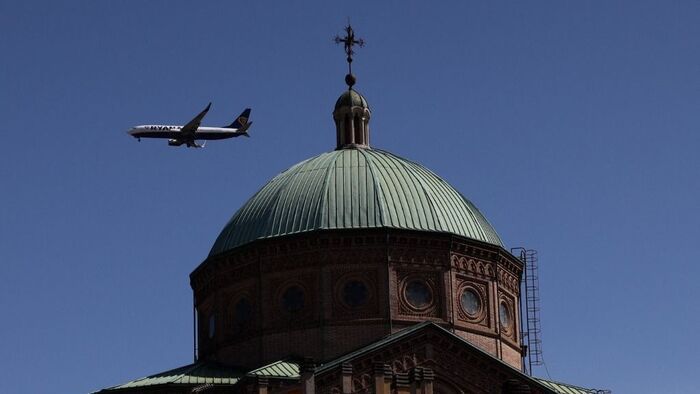
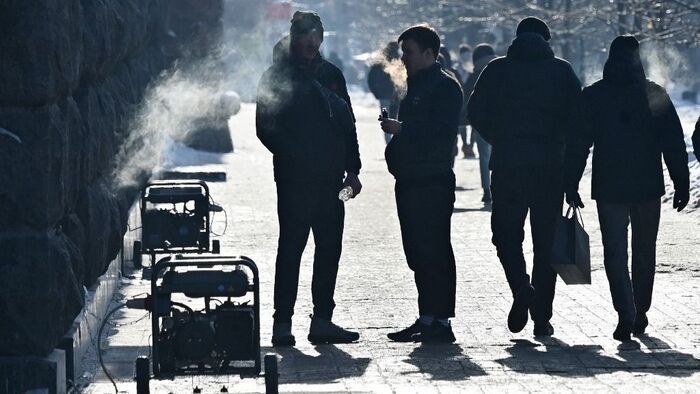
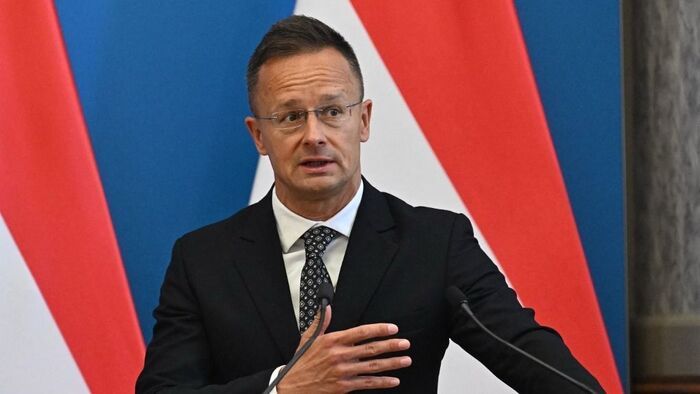




Szóljon hozzá!
Jelenleg csak a hozzászólások egy kis részét látja. Hozzászóláshoz és a további kommentek megtekintéséhez lépjen be, vagy regisztráljon!